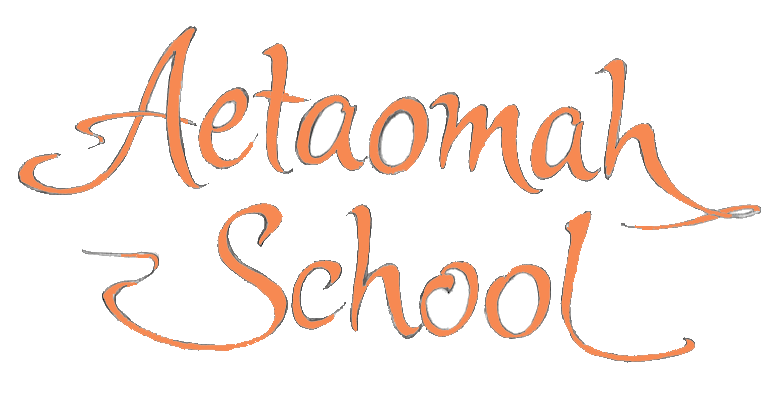


ANTI BULLYING POLICY

BULLYING
Aetaomah School considers bullying to be an unacceptable form of behaviour which will not be tolerated under any circumstances.
We have the responsibility to foster an educational environment where there are no barriers to learning and where all students, staff, parents and visitors feel safe and valued.
What is Bullying?
Bullying is when people intentionally use their power to hurt, scare or put down others. It can be done by an individual or a group. It can be carried out physically, emotionally or verbally.
This type of behaviour is unwanted, unwelcome, unsolicited and is usually persistant.
As such, it undermines the rights of the individual and erodes morale. Bullying diminishes the very values that this school seeks to promote.
BEHAVIOUR MANAGEMENT POLICY
At Aetaomah School it is our task to develop independent, yet socially-aware and skilled future adults.
To do this we employ teachers who have had experience of life and who can draw on this experience to develop worldly-wisdom in the children. Children are naturally drawn to and respond to adults who have experienced the struggles of life and who can, through imagination and with an interest in the well-being of the children pass on this experience and the lessons drawn from it.
The other requirement for teaching at Aetaomah is that one cares deeply about every child and his/her welfare physically and from a soul and spiritual standpoint.
Each of these qualities greatly reduces the need for disciplinary actions.
Should any disciplinary action beyond a stern or better still, a witty remark be needed the teacher’s fertile imagination should usually carry the day. A simple task such as repairing any damage done in the student’s own time or denial of some desired event would normally be enough. The aim is always to help the child overcome any problems and help him/her learn from the experience. He/she will be informed of any allegations and given the opportunity to reply.
COMPLAINTS AND GRIEVANCES POLICY
It is the Policy of the school to aim to resolve complaints and grievances within the school fairly and to benefit the welfare of the students.
PASTORAL CARE
-
All teachers are responsible for pastoral care in the School, as co-ordinated by the College of Teachers.
-
Children are aware that they are free to discuss any issues necessary with a class teacher. Women teachers are especially able to help the girls.
-
The students’ well-being is constantly monitored and if a teacher sees a child needs special care it will be brought to the attention of the College of Teachers for their determination.
-
Should a problem be deemed beyond the school’s capacity it will be discussed with the parents and further action, including possible counselling, will result from this discussion.
-
Parents and children are informed of the pastoral care arrangements at the time of enrolment.
HEALTH AND MEDICATION POLICY
The purpose of this policy is to establish a framework and provide directions for the administration of medication to students of Aetaomah School.
The dignity, safety and wellbeing of the student are central and the school is responsible and accountable for ensuring the health, safety, privacy and welfare of students. It is also acknowledged that arising from the duty of care that schools owe to their students there will be occasions when the administration of medications is necessary to support students during the course of normal school activities.
At enrolment the parents provide a medical history on the enrolment form. The child’s health situation will be discussed between the parents and Class teacher; (See and inform parents of sections 5, 7, 8 & 12 in this document.)
Where medication has to be administered parents need to
-
Supply the relevant medication information to the school in writing.
-
Provide the medication in the original labelled container to the nominated staff member.
-
Ensure the medication is not out of date and has an original pharmacy label with the student’s name, dosage and time to be taken.
-
Provide a request by parents and written instructions from a medical practitioner for medication that is not obtained on prescription indicating name of student, condition for which medication is required and guidelines for administration.
This is done at the time of enrolment or if a child’s health situation changes.